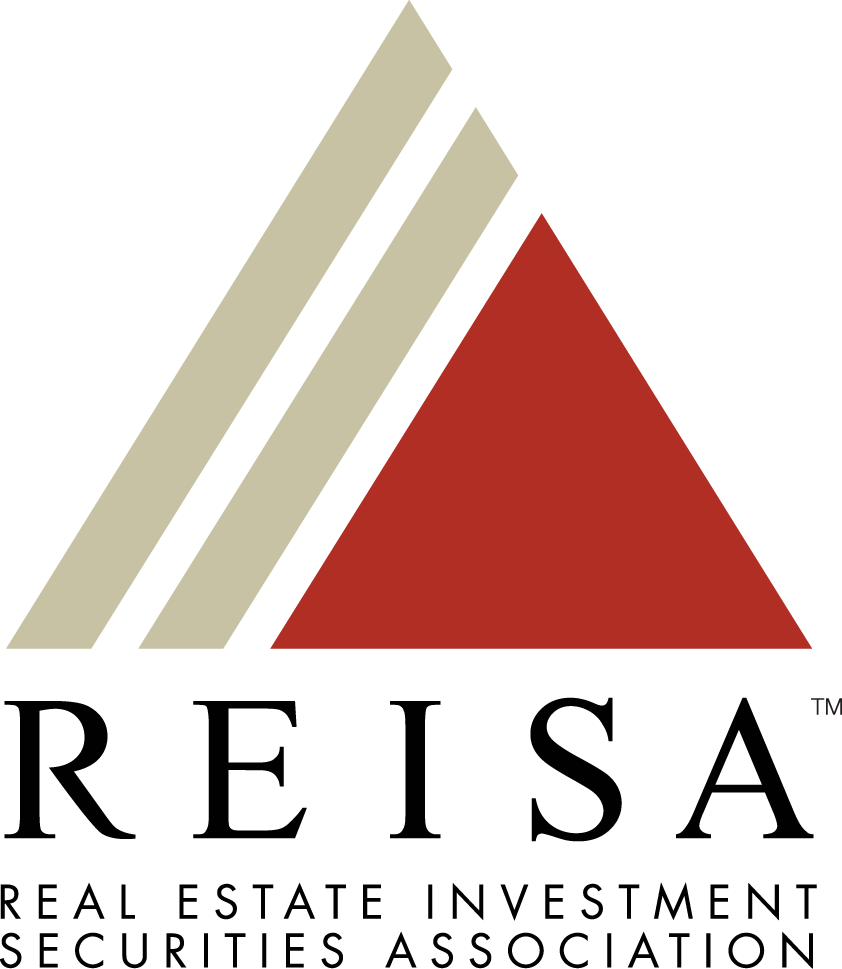
IRA Investments(Real Estate Investments)
SELF DIRECTED IRA INVESTING: The rules governing allowable investments by IRAs preclude an
IRA's investment in life insurance, collectibles (e.g., artwork,
antiques, metals, gems, and most coins) and S corporations. All other types of investments are permitted, and thus the range
of possible investment choices is nearly unlimited. Consequently, an
IRA can purchase any form of real estate. Real estate IRA investing opens up a huge range of alternative
investments for individuals who are knowledgeable about real estate
investing or who work with knowledgeable advisors, sponsors, or
brokers. Investing in real estate for your retirement may serve as a
means to diversify your retirement portfolio to hedge against the
cyclical changes in the stock market, economy and bank and
government-based investments. For many who are experienced with real estate investing, real
estate investments hold the potential to protect against the loss of
principal while generating better than market rate returns through
income production and capital gains. When real estate investments
are not leveraged, both income and capital gains can flow back to
IRAs tax-deferred (or tax-free if the IRA is a Roth IRA). Self-Directed IRA Investment OptionsCornerstone offers real estate investments for IRAs that are noncorrelated with the stock markets and therefore do not have the volatility associated with those markets (NYSE, NASDAQ). These investments including: (for a listing of the properties and offerings available please click on the item above) PRIVATE PLACEMENTS"Private placement" is the term used in the securities world to define a non-public offering of an investment vehicle. Securities regulations allow exemption for selected types of private placements. The primary classifications for these exemptions are Rules 501-506 D. Smaller private offerings can be done where there are less than 35 investors and when the public is not solicited (e.g., friends and family rounds of financing). The most common types of private placements are those involving closely-held private companies. It is estimated that 75% of new businesses formed in the United States are funded through such private placements. UNREALATED BUSINESS TAXABLE INCOMEIf the enterprise is a pass-through entity (a partnership or a limited liability company) which produces or sells goods or provides services, the IRA's share of the enterprise's ongoing net income likely will be UBTI (Unrelated Business Taxable Income). An IRA is required to pay income tax on UBTI at the trust income tax rate. Also, if the business is a pass-through entity which acquires any assets through loans or on margin, a portion of the IRA's share of the income may constitute UBTI. The IRA generally will not have UBTI on the sale of its equity interest in the pass-through entity (except to the extent that interest was acquired through debt which was still outstanding within twelve months of the sale). Structuring the enterprise as a C corporation can avoid UBTI, although the enterprise then will be subject to income tax in accordance with applicable corporate taxation rules. There are many other types of investments that can be made within IRAs. Some of these include unit trusts and secured contracts, to name a few. If you have a question regarding the acceptance of a specific investment you have in mind, please contact us.
Cornerstone maintains an ever-changing database of approved
properties. Please complete the form below to pre-register to be
notified when new TIC properties become available and to download our
Suitability Form. |




